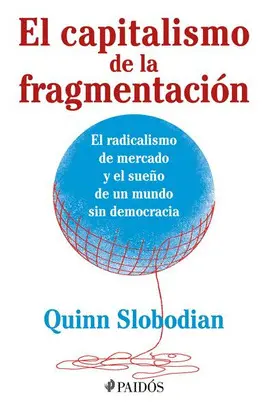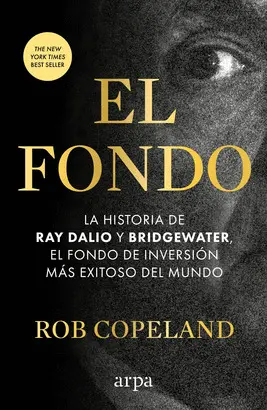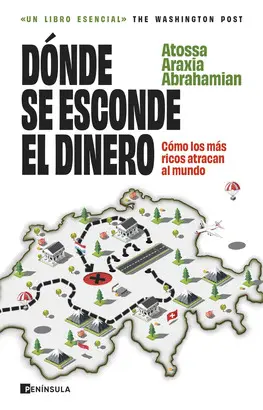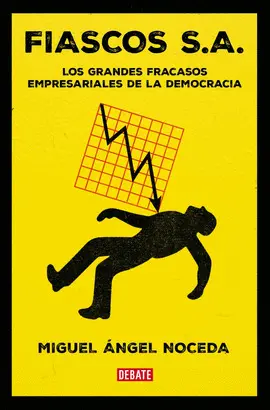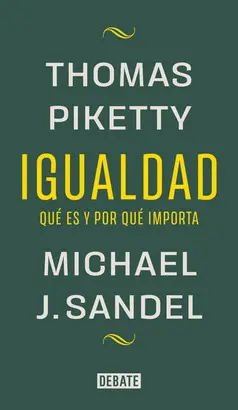- Editorial:
- BUSINESS PLUS
- Materia:
- Economía
- ISBN:
- 978-1-4555-2825-7
- Páginas:
- 280
- Encuadernación:
- TAPA BLANDA
WHY I LEFT GOLDMAN SACHS: OR HOW THE WORLD'S MOST POWERFUL BANK MADE A KILLING BUT LOST ITS SOUL
GREG SMITH
On March 14th 2012, readers of the New York Times awoke to an Op-Ed "Why I Am Leaving Goldman Sachs." Within 24 hours, 3 million visitors to the Times' website had checked out Greg Smith's account of how an investment bank that was once a proving ground for high-ranking government officials had become a place where clients were referred to as "Muppets."
The Op-ed became one of the most talked about and influential opinion pieces in recent memory. Smith became a global trending topic on Twitter, generated 120 million Google entries and more than 5,000 articles across the web. The story was carried on the front pages of newspapers across the world, from the US, to the UK and Europe, Australia, Hong Kong, and in South Africa.
The answers to the questions Smith posed in his Op-Ed will become the starting point for his upcoming book-a book in which the author will relate his growing disenchantment with the corporate culture, specifically those ways in which Goldman Sachs has recently taken advantage of its clients, and who is to blame for the collapse in ethics.
WHY I LEFT GOLDMAN SACHS will use scenes, stories and characters from his twelve years at Goldman Sachs to show Main Street why they distrust Wall Street. The book will take the reader inside the walls of an institution that keeps conspiracy theorists up at night
The book will address the following topics:
* Even after the 2008 financial crisis, why does Wall Street still put its own interests ahead of the interests of its clients?
* What danger does this breakdown in trust between banks and their clients pose for global capital markets?
* Is it really true that ethical behavior and big business cannot co-exist at the same time?
* What value should one place on a deep-rooted corporate culture?
* Do people really understand the deep conflicts of interest that still exist at banks that are deemed "Too Big To Fail"?
* And finally, how does Wall Street exploit these conflicts of interest to make so much money?
These questions will not be answered in a preachy way. The book will tackle the above issues with juicy, page-turning anecdotes culled from Smith's own adventures as an intern, trader, analyst, salesman and middle manager.



